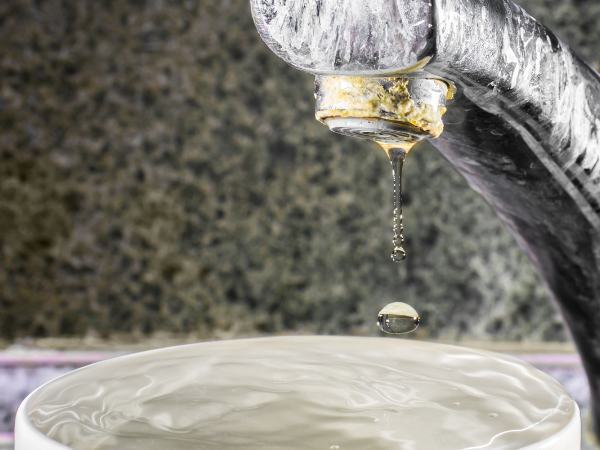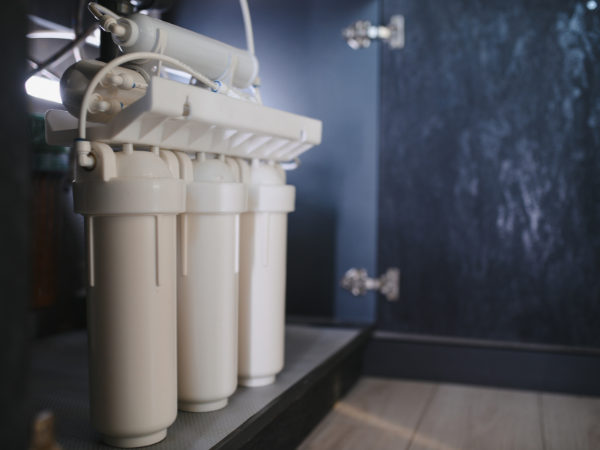Water Filtration With Charcoal

Consider The Choice Of Water Filtration With Charcoal
Although water is necessary for life, the quality of the water we drink can have serious consequences for our well-being. Tap water can contain contaminants including chemicals, pathogens, and pollutants, therefore it's important to discover efficient filtration solutions. Charcoal water filtration is one option because it is both effective and ecologically sound. This in-depth article will shed light on the advantages, operating principles, and frequently asked questions (FAQs) of water filtration using charcoal.
The use of activated charcoal in water filtration is a non-chemical method of removing contaminants and unpleasant odors. Charcoal that has been heated to increase its surface area and develop microscopic pores is called activated charcoal or activated carbon. Contaminants are trapped in these pores while clean water is allowed to flow through.
The adsorption concept is at the heart of how charcoal water filters function. As water flows through a charcoal filter, any pollutants in the water are drawn to the activated charcoal's porous surface by the carbon's appealing properties. Activated charcoal's porous nature offers a wide surface area for the pollutants to bind to, allowing for efficient removal from the water.
It has been proven that chlorine, volatile organic compounds (VOCs), pesticides, and heavy metals like lead and mercury may all be effectively removed from water by using a charcoal water filter. Cleaner and more pleasant-tasting water is the consequence of activated charcoal's capacity to absorb and neutralize foul odors and flavors. Because charcoal is a renewable resource, switching to a charcoal water filter from a plastic one would have less of an impact on the environment. When compared to other high-tech filtration systems, charcoal water filters tend to be less expensive, making them an attractive option for those on a tight budget. Installing a charcoal water filter is simple, and they require little upkeep. In addition, they work with the most commercially available water pitchers and filtration systems.
Select a filter size that corresponds with your daily water usage. Households that consume a lot of water might benefit from using larger filters. When shopping for a filter, make sure to find one that has been certified as effective by the National Sanitation Foundation (NSF) or a similar organization. These approvals guarantee that the filter is up to par with other products on the market. The filter's lifespan and replacement frequency should both be checked. It will be easier to budget for repairs and upkeep this way. If you already have a water filter system or a water filter pitcher, you'll want to be sure the charcoal water filter you buy will work with it. There are model-specific filters available.




